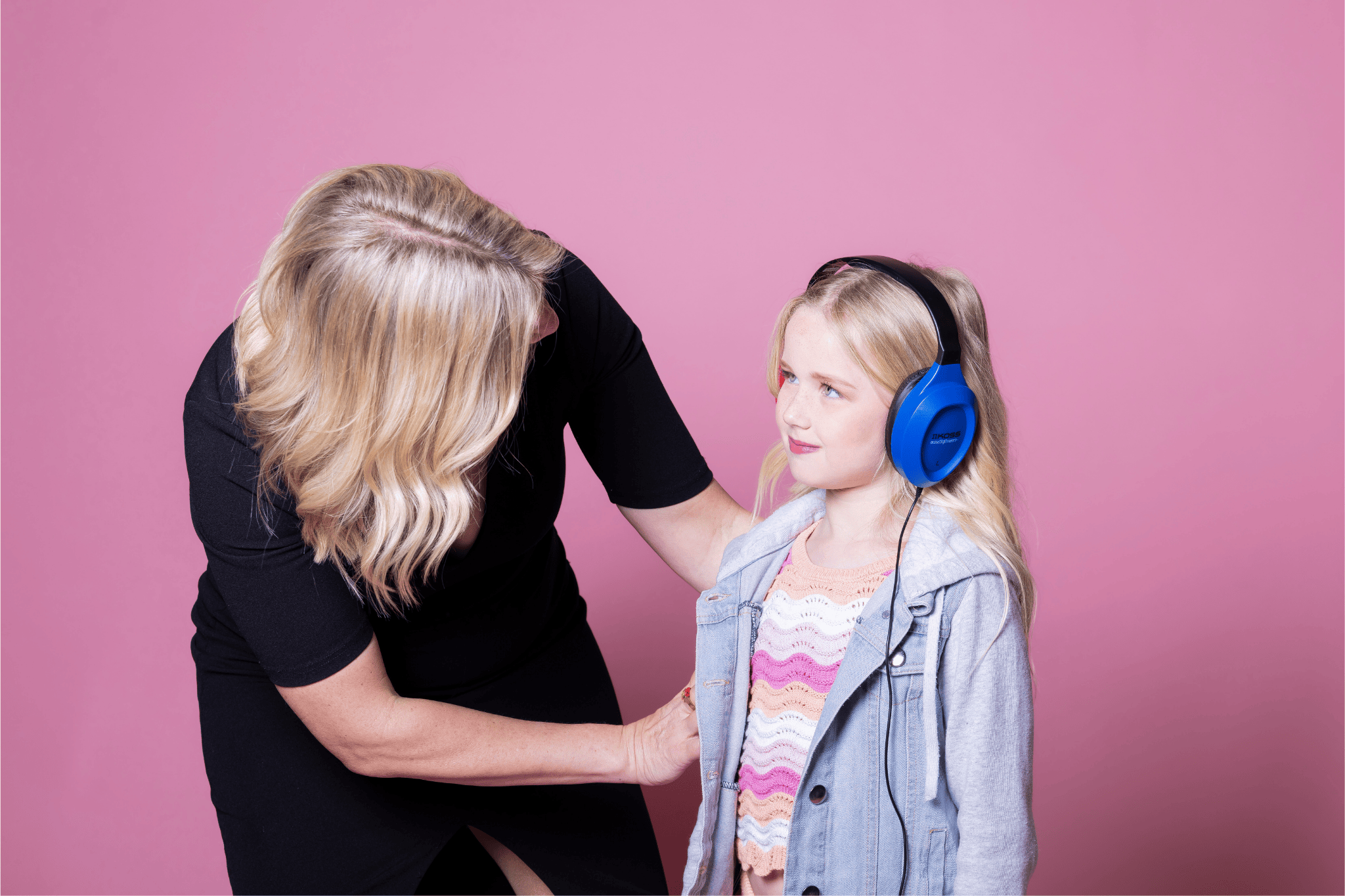
This course teaches hearing professionals to identify the characteristics of their clients' specific auditory processing disorder using the acclaimed Buffalo Model's Central Test Battery.

This course teaches Audiologists and Speech-Language Pathologists to treat their clients' APD with the Phonemic Training Program, the Phonemic Synthesis Progam and Words in Noise Training.

Auditory processing disorder is a generic term for hearing disorders that result from atypical processing of auditory information in the brain. Auditory processing disorder is characterised by persistent limitations in the performance of auditory activities and has significant consequences for participation.
Reference: NZ APD Guidelines 2019 and Canadian Guidelines (CISG, 2012).
The Buffalo Model definition of APD is, "what we do with what we hear." It is how efficiently and effectively people process what they hear. Our notion is that APD refers to rather basic functions of the central nervous system (CNS), but we recognize that any behavioral speech test or therapeutic procedure requires some language and cognitive knowledge. There is no clear line between where auditory processing ends and where language or higher cognitive functions begin. We do believe that understanding speech in quiet as well as in noise, dichotic listening, short-term/working auditory memory, sequencing, and sound localization are among the many functions that are heavily dependent upon auditory processing skills. We feel particularly confident in this, in part, because such difficulties respond so well to basic auditory therapies.
Reference: https://www.audiologyonline.com/articles/apd-evaluation-to-therapy-buffalo-945
The prevalence of APD in children has been estimated at 2-7% in US and UK populations (Chermak & Musiek, 2007; Bamiou et al., 2001). Musiek, Gollegly, Lamb, & Lamb (1990) estimate that 3-7% of school-aged children have learning disabilities, and that a major portion of this number would also have APD. Brewer et al. (2016) state that APD prevalence in children may be approximately 10% taking into account comorbidity with other developmental disorders with which APD occurs.
Auditory Processing Disorder (APD) can be confusing to understand. The best way to explain it is this: our five senses are touching, smelling, hearing, seeing, and tasting. All of my five senses work just fine. APD does have the “auditory” in it, which has to do with hearing. The processing part is my brain. My brain and ears don’t work well together, and my brain doesn’t process all the gazillion things I hear correctly. It’s like if someone is half sleeping. They can hear fine, but their brain isn’t fully on. That’s what I deal with on a daily basis, but use strategies to be successful and get around this day to day battle.
“What does Mrs. Jones mean we will be bent tomorrow?” I thought to myself.
“I don’t get it?” I asked my friend.“We are presenting tomorrow?” she responded, laughing as she walked away after the bell.
“Oh, wow…” I thought, shaking my head.
Reference: https://dm-ed.com/news/what-it-feels-like-auditory-processing-disorder/